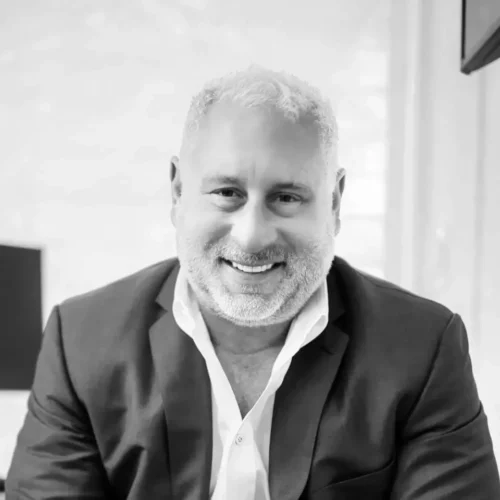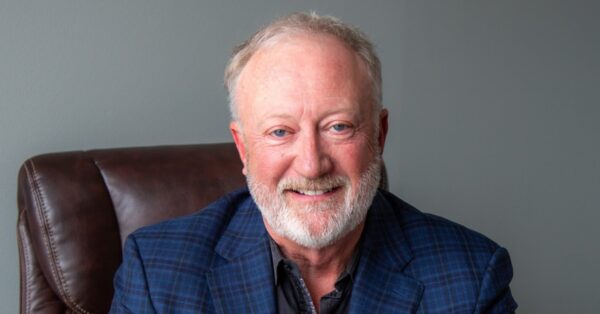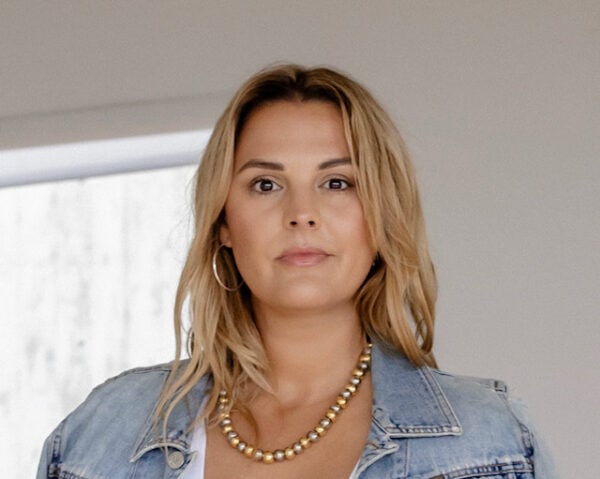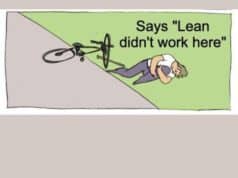tl;dr summary: In this exploration into the complexities of failure and learning, I draw from a range of entrepreneurs to debunk myths and advocate for a more nuanced understanding. The key takeaway is that failure is only harmful if we don't learn from it. I argue against the idea of romanticizing failure and emphasize the necessity of cultures that encourage psychological safety and learning from setbacks.
I recently learned that October 13th was the International Day for Failure, as designated by a group in Finland. I don't think that's sponsored by the Finnish government. It's my mistake, perhaps, for not realizing that day exists. But maybe not, as I've only ever been to Helsinki once.
See this article:
Why businesses in this European country celebrate their failures in October
It says, in part:
“In the world of startup business culture, it's okay to fail.”
Is that always true? I'd say it's okay to learn from failures. I like to think that learning from small failures prevents big ones. I think we shouldn't be flippant about huge failures.
We all fail. We all make mistakes. That's a given. What's optional is learning.
From the article:
“Failure and mistakes are not the same thing. Failure just means something turned out wrong and it didn't go as planned, and now you learned from it,” [Niklas Hamberg, who ran his first e-commerce store selling second hand clothes while still at high school in Espoo, Finland's second largest city] adds.”
I agree with Niklas. To me, a mistake is a decision or an action (or a decision to not take action and maintain the status quo). A mistake might lead to a failure, large or small. A failure is an outcome. And some failures are caused by external factors, unrelated to our own mistakes.
The folks in Finland think that American entrepreneurs are more accepting of failure.
“In the past in Finland, it has been a really big taboo in the sense that nobody wants to talk about failure,” [Hamburg] tells Euronews. “In the US the culture is different, you have world-class entrepreneurs who are open about their failures, and people are not taking seriously if they have not failed.”
So, here in the U.S., I want to thank Krista Wignall of Advantage Media, for tracking down these quotes and allowing me to share them along with some of her text about the people behind the quotes. I've added some commentary of my own. I might have some of them as guests on the “My Favorite Mistake” podcast.
The Eleventh Try: Colin C. Campbell on Turning Business Failures into Scaling Success
Colin C. Campbell has been a serial entrepreneur for over 30 years and is the author of Start. Scale. Exit. Repeat.: Serial Entrepreneurs' Secrets Revealed! He has founded and scaled various internet companies that collectively have reached a valuation of almost $1 billion. Having successfully navigated the exits of companies like Tucows Interactive, Internet Direct Canada, Hostopia, GeeksForLess, and .CLUB Domains, Campbell has not only cemented his name as a start-up expert but has also collected an array of accolades – including spots on the Inc. 500 and Inc. 5000 rosters for several years in a row.
He says, “There are so many stories about failures and the lessons learned from them, starting with my loss at 28 years old, losing over $100 million by botching an exit. I truly believe that failure can help strengthen your chances of succeeding in any subsequent efforts. You might fail ten times and then hit your success on the eleventh try. And you would be in good company–Walt Disney, Honda, Milton Hershey, to name a few. These entrepreneurs were trying to scale their businesses in one way and failed to do so. Instead of giving up, they took what they learned from those failures, made their own changes, and found a new way to scale.”
Many of my guests on the “My Favorite Mistake” podcast have said similar things. Including tech CEO Indus Khaitan who shared a story of what he described as a $6.5 BILLION dollar mistake. That's, by far, the most expensive mistake story told on my show.

Beyond the ‘Failure Fetish': Mike S. Shapiro on the Importance of Resilient Rebounding in Business
Mike S. Shapiro, author of Read the Tape: Using Situational Awareness to Predict Business and Personal Probabilities, is an entrepreneur, investor, personal development coach, mentor, speaker, and Forbes podcast host. Shapiro is also a co-founder and CEO of EQTY | Forbes Global Properties and a co-founder of Plunk, a Seattle-based proptech startup. He is a frequent speaker at conferences and universities, a featured guest on television news shows and podcasts, and a sought-after expert on real estate and investing for local and national business publications.
Mike says, “I don't believe we as a culture truly embrace failure. The highly successful may, but not your average person. And it's getting worse because people these days want instant success and gratification. We need to do better, stop romanticizing failure, and teach people a method for rebounding after they fail.”
I agree that romanticizing failure, or having what some people in Silicon Valley call a “failure fetish,” can be a problem. Being resilient, being able to rebound after a mistake or a failure is important, and being able to learn from a small mistake can prevent a huge failure.
One of my podcast guests, Alisha Wielfaert, is the author of the book Little Failures: Learning to Build Resilience Through Everyday Setbacks, Challenges, and Obstacles. She shared her own story about learning and bouncing back from her first failed business.
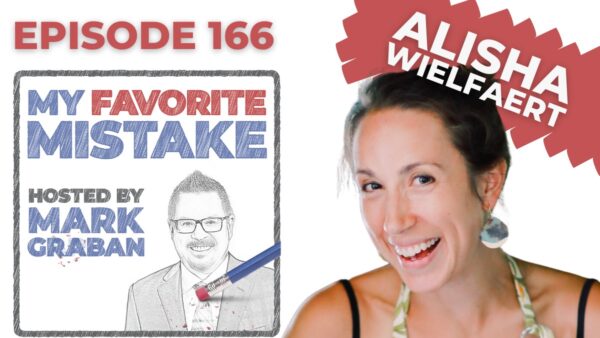
The Power of ‘Lessons Learned': Laila Marouf on Knowledge Mindfulness and Reframing Failure
Laila Marouf, Ph.D., is the founder and Chief Knowledge Officer of The Knowledge Mindfulness Group, an organization dedicated to improving leaders' knowledge maturity through the use of Knowledge Mindfulness principles, processes, and techniques. Marouf also explores this framework and methodology in her new book Knowledge Mindfulness: The Interconnections That Help Leaders Transform Their Business and Life. Previously, Marouf enjoyed a long and successful career as a professor, researcher, consultant, and academic leader.
She says, “Recognizing the inevitability of failure makes it easier to accept it and be open to learning from it. However, instead of using the word ‘failure' I use the words ‘lessons learned' and not just to reduce the sting of not succeeding. Language is very important and messages and feelings are all intertwined. I learned to ‘experiment' with new ideas at a small scale in order to generate valuable knowledge in the event of failure. These lessons become part of our knowledge base and are then applied on a larger scale in the future. The more I dig into the ‘why' of failures, the more I can use that knowledge in different contexts in the future.”
I don't know if it helps us to sugar coat things by saying, “A failure is not a failure.” We can admit that something is a failure, that we fell short of our goal, and we can follow that up by taking steps that lead to learning.
I'd add that failure isn't bad, but failing to learn from the failure is really bad.
Embracing Failure as a Stepping Stone: James Harold Webb on Building Resilient Business Cultures
James Harold Webb is an author, investor, philanthropist and successful multi-business owner. Webb began his entrepreneurial journey in the health industry as the owner of several companies focused on outpatient medical imaging, pain management and laboratory services. Following successful exits from those companies, Webb shifted his focus to the franchise world and developed, owned and oversaw the management of 33 Orangetheory Fitness® gyms, which he sold in 2019. Not one to stop, he currently has two additional franchise companies in various stages of growth. Mr Webb is the author of Redneck Resilience: A Country Boy's Journey To Prosperity.
James says, “While no one wants to fail in business. However, it is a paramount step that can lead to long-term success. In fact, we learn more from our failures than from our successes. If you're wise, you analyze and understand what led to the failure and construct solutions to the problems you've identified.”
Said another way, we all fail — but not everybody learns from failure. We can get better at doing so, and we can cultivate cultures that make it psychologically safe for people to admit and learn from failures. We can replace punishment with learning and improvement.
From Reframing Failure to Conscious Leadership: The Radical Approach of Dominique Farnan
Dominique Farnan is the author of Now Here: A Journey from Toxic Boss to Conscious Connector, and the founder of DotConnect, an Inc5000 multimillion-dollar global talent recruiting and advisory company with some of the largest tech companies in the world as its clients. Regarded as a fearless leader in high-growth settings, Farnan brings radical change to the talent industry through the application of mindfulness, generosity of spirit, and a sense of compassion that values relationship-building. As a conscious leader, she refuses to think in the limiting terms that have been so pervasive in the corporate world.
She adds, “I actually don't believe in failure. I believe that everything in life is happening for a reason, especially in business. Even during the most challenging of times, I remain open and observe so I can squeeze all the lessons out and learn as I go. As leaders, I think it's important for us to reframe the word ‘failure.'”
We can reframe failure to be the first step in learning and improvement. That helps us prevent future failures. I think reframing failure is better than denying that failure occurs.
We cannot solve a problem unless we recognize and admit it exists.
What do you think? Please leave a comment and join the discussion.
What do you think? Please scroll down (or click) to post a comment. Or please share the post with your thoughts on LinkedIn – and follow me or connect with me there.
Did you like this post? Make sure you don't miss a post or podcast — Subscribe to get notified about posts via email daily or weekly.
Check out my latest book, The Mistakes That Make Us: Cultivating a Culture of Learning and Innovation:




